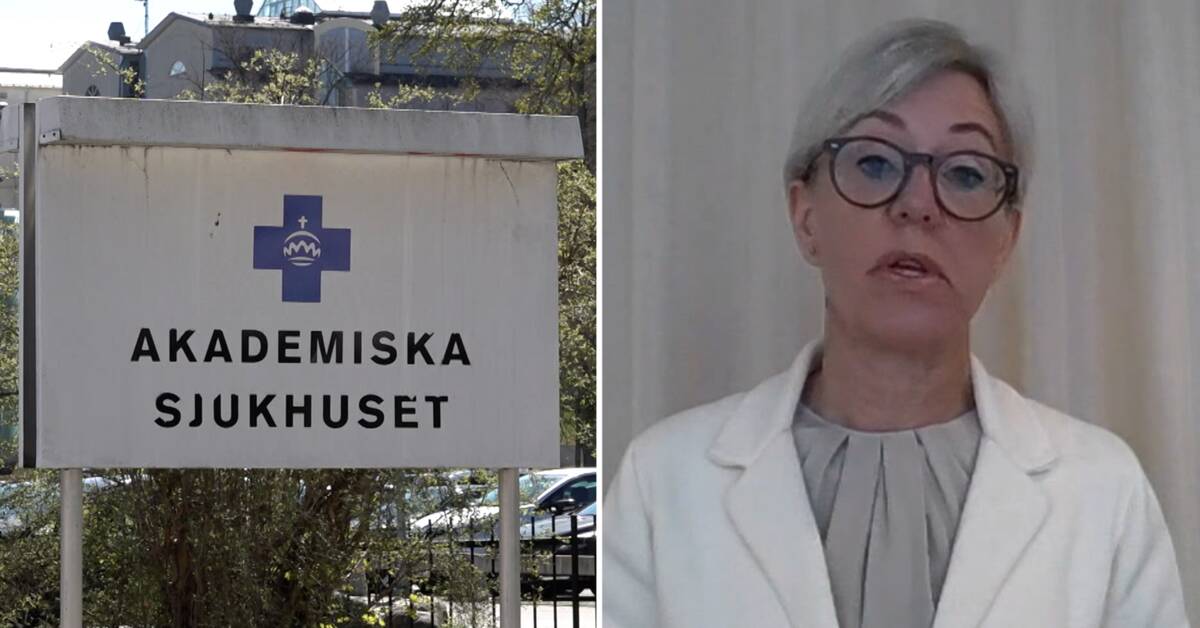The Health and Care Inspectorate, Ivo, believes that there are such serious shortcomings in patient safety at several emergency hospitals that the authority has begun to threaten regions with multi-million fines.
- We see widespread corridor care with all the problems it entails.
For example, patients have been equipped with pot lids to be able to call on staff and they have not arrived in the corridor with defibrillators because there are beds in the way, says Sofia Wallström, CEO of Ivo.
The reason is a shortage of staffed care places, which is mainly due to a shortage of staff.
This has led to long waiting times, in some cases up to several days, before patients can be discharged from the emergency rooms.
The problems are basically not new.
- We have criticized regions for this before.
Since then, of course, the pandemic has meant additional strain.
But now they have passed some form of minimum level.
Three hospitals risk millions in fines
During the year, Ivo decided on so-called fines against three hospitals.
These are Sunderby Hospital in Norrbotten, Sundsvall Hospital in Västernorrland and the University Hospital in Uppsala.
If the hospitals do not reach a certain number of care places within a specified time, they risk a fine of SEK 10 to 20 million.
This is the first time that Ivo has made this type of sharp decision against regional hospitals.
There is now a risk that the regions will have to pay many millions in fines. Can it not worsen the situation if the regions get less money left over?
- Had the regions rectified the shortcomings when we pointed them out earlier, we would not have ended up in this situation.
As long as we see that patients are doing badly, then we will act, says Sofia Wallström.
"Will be very difficult"
For Region Västernorrland, it will be a challenge to meet its requirement for 219 care places in certain wards by the end of September.
- It is too early to speculate whether we will succeed or not, but of course it will be very difficult, says Åsa Bellander, acting director of health and medical care at the region.
The region has long struggled to retain and recruit staff and now it is more difficult than ever, according to Åsa Bellander.
- We are now going to the bottom with these questions.

